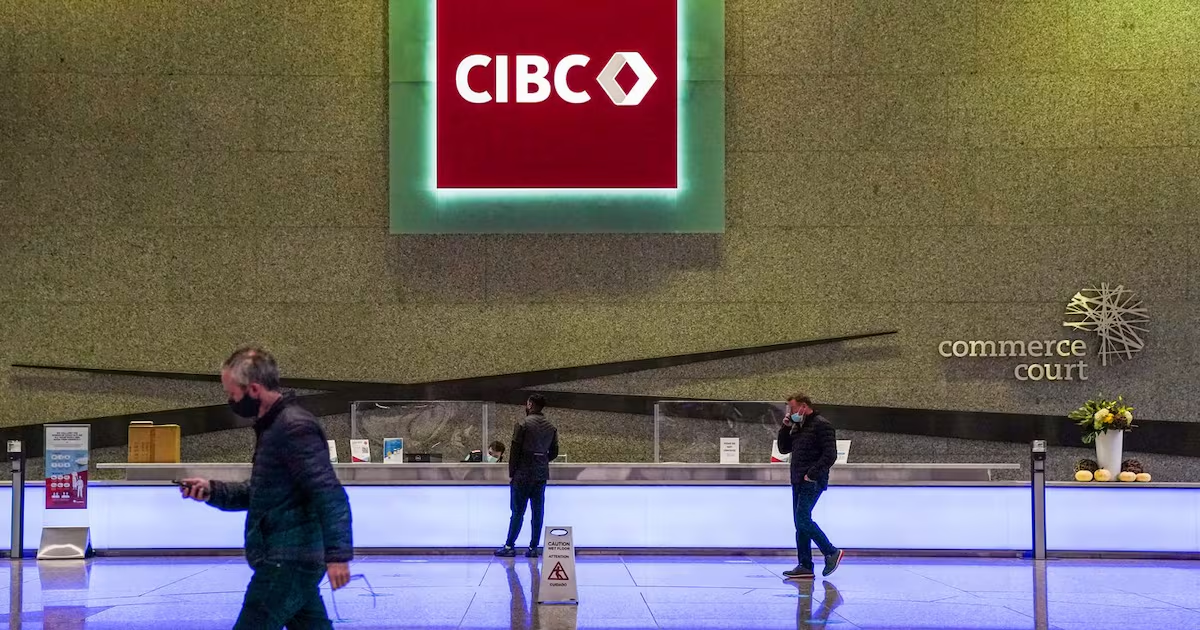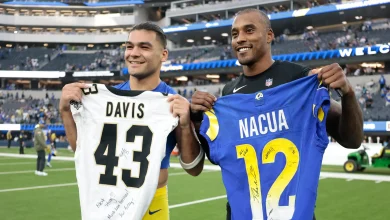Column: Can socialism ever be more than just a fad in America?

Here we go again.
Socialism is making a comeback, according to friend and foe alike. A new NBC poll now suggests that a majority of registered voters don’t like capitalism.
A Gallup poll in September also found that support for capitalism was slipping. A Data for Progress poll around the same time showed that — after asking some decidedly leading questions about democratic socialism — people liked democratic socialism. Still, Politico combined the results to declare: “Capitalism is out … and socialism is in.” And just this week, an NPR podcast dedicated a segment to explaining “How socialism got sexy.”
This has happened before. In 2018, Gallup found for the first time that a majority of Democrats had a more favorable view of “socialism” than of “capitalism.” And we got similar headlines as a result. No doubt such polls partly explain why Democratic presidential primary candidates overwhelmingly ran in the Bernie Sanders lane in 2020. Joe Biden, the candidate who mostly avoided that lane, however, won the nomination.
Like Sanders, New York City mayoral candidate Zohran Mamdani describes himself as a democratic socialist. His popularity has driven many to claim that democratic socialism is popular too. It may well be, especially in New York City. But what plays in NYC may not have legs far outside the Big Apple. Indeed, Mikie Sherrill, the Democratic gubernatorial candidate in neighboring New Jersey, which shares much of the same media market, didn’t run as a democratic socialist and beat primary candidates who more or less did.
But punditry is not my aim here. My problem is with these periodic, poll-driven, “socialism is coming” fads.
For starters, issue polling — even when done well — is not very reliable. Change one word and you’ll get very different results. For decades, if you call a program “welfare,” Americans won’t like it. Call it “assistance to the poor” and Americans like it whole a lot more.
It’s also difficult to keep other issues from influencing issue polling. Capitalism’s popularity dropped — particularly among Democrats — during President Trump’s first term. It has dropped again during his second term. Is it really so hard to imagine people associating capitalism with the avowed party of capitalism? When that party is in power and is unpopular, it shouldn’t be surprising that the thing it claims to stand for is (slightly) less popular too?
And then there’s the messy fact that Trump’s brand of capitalism isn’t exactly the uncut free market stuff (that I like). It’s not socialism, but it’s definitely close to “state capitalism” — a system involving massive government interventions in the economy, usually on behalf of favored industries. Most serious libertarians would rather eat glass than call Trump’s program of massive tariffs, cronyism, industrial planning and partial government ownership of industries “capitalism.”
There’s a famous — and widely attributed — line that the problem with socialism is socialism, but the problem with capitalism is capitalists. When the administration is run from the top by private-jet-flying billionaires seemingly getting richer with insider deals and literally cosplaying “The Great Gatsby” at a time when SNAP benefits are running out for 40 million Americans, you’d think capitalism would be in even worse odor.
But take Trump out of it. When the status quo is unpopular, if you call the status quo “capitalism” they’ll have problems with it. Call the economic status quo “capitalism” and a lot of people will choose option number two, whether you call it “socialism” or not.
It’s not like the new “socialists” have cracked the books in their free time and suddenly have a newfound respect for Karl Marx, Sidney Webb, Michael Harrington or some other socialist thinker.
Socialist intellectuals have a hard enough time agreeing on what socialism is. The best definition the very well-read editors of the socialist journal Dissent could come up with in 1954 was “socialism is the name of our desire.” The idea that millions of Americans have a fully formed and coherent understanding of the concept, never mind know how to implement socialism, is preposterous. Asking people if they like socialism or capitalism is a “vibes” question and little more.
Of course, socialists are entitled to be happy about improving vibes. But the best way to make Americans sour on socialism is to put socialists in charge — which is why I’m not too worried about America becoming a socialist country.
X: @JonahDispatch
Insights
L.A. Times Insights delivers AI-generated analysis on Voices content to offer all points of view. Insights does not appear on any news articles.
Viewpoint This article generally aligns with a Center Right point of view. Learn more about this AI-generated analysis Perspectives
The following AI-generated content is powered by Perplexity. The Los Angeles Times editorial staff does not create or edit the content.
Ideas expressed in the piece
-
The author contends that polling showing increased support for socialism is fundamentally unreliable and vulnerable to question framing, noting that changing terminology—such as labeling a program “welfare” versus “assistance to the poor”—produces dramatically different results.
-
The author argues that declining capitalism support among Democrats during both Trump administrations reflects association with an unpopular party rather than genuine ideological conversion, suggesting that the status quo becomes unpopular regardless of its economic label.
-
The author characterizes Trump’s economic approach as “state capitalism” involving tariffs, cronyism, and industrial planning rather than free market capitalism, proposing this misbranding of capitalist policy contributes to capitalism’s declining favorability.
-
The author asserts that most Americans embracing socialism terminology lack coherent understanding of socialist theory or implementation, describing support for socialism as fundamentally a “vibes” question disconnected from serious intellectual engagement.
-
The author predicts socialism will never become dominant in America because historical patterns show Americans reject socialism once socialists actually gain power, dismissing contemporary socialism enthusiasm as merely another periodic fad similar to 2018 polling trends.
Different views on the topic
-
Recent polling data indicates substantial and growing support for socialism among Democrats, with 57 percent viewing socialism positively compared to only 47 percent holding favorable views of capitalism[1], suggesting this represents more than fleeting sentiment.
-
Democratic candidates with genuine socialist or democratic socialist commitments, including Bernie Sanders and New York City mayoral candidate Zohran Mamdani, have demonstrated significant political traction and popularity[2], indicating some voters engage seriously with these candidates’ substantive policy positions rather than merely responding to poll framings.
-
The internal diversity of Democratic economic views reflects genuine policy disagreements with real stakes, as some Democrats support the “abundance agenda” focused on reducing government red tape while others oppose it as a rollback of environmental and labor protections[2], suggesting socialism discourse connects to substantive programmatic debates rather than disconnected messaging.





